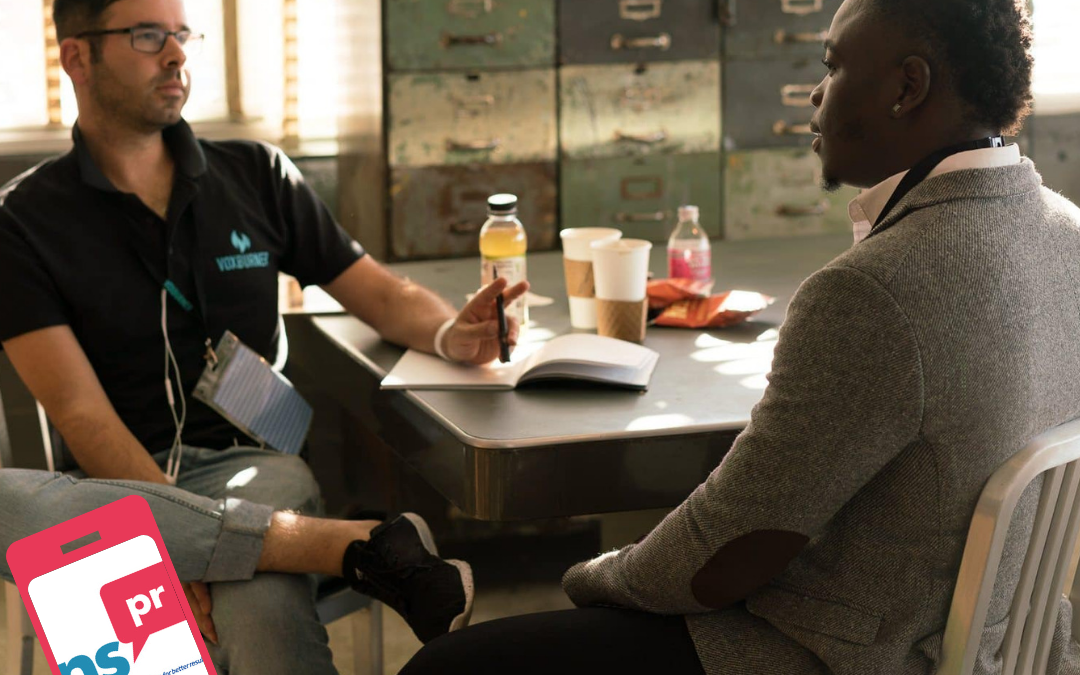
01 Apr In times of crisis, people crave information
In times of crisis and tragedy, people often look to experts for answers, explanations or context to help them process what they are seeing and hearing. Non-profits and companies in certain fields can provide needed solace and understanding during trying times – but only if they communicate the right way.
At NSPR, we work with a number of clients who can provide balance to negative events in society, and we help them perform this crucial role for the public at large. It’s not easy to weigh in and provide expertise during times of trial, so we have five simple guideposts to ensure that we always do this the right way.
- Always remember that your role is to provide context and create a larger understanding of the tragic event. Simple condemnation of an individual’s actions or expressing sympathy for victims can be done by the man or woman on the street. You’re there to provide much more.
- Your organization may provide services (counseling, for example) that would help those affected by the events in question. It’s important to mention that you offer them only after you’ve discussed the matter at hand at a macro level first. You can use the opportunity to help your audience writ large first with words of comfort or context first; then provide information for further help to those in need.
- Don’t be led into speculation on motives for or causation of the tragedy. Focus instead on ways in which your organization can help those who need it the most in the wake of the event. The media often want an answer to the most basic of human questions, “why?” But you, and your organization can only make a guess (however educated it might be) as to why something happened, and therefore can’t add real value through your answer.
- Whenever possible and appropriate, use your time to build understanding and provide solace. There are plenty of shrill voices when things go wrong. Stand out by providing a voice of calm in the storm.
- During the interview, stick to what you know. If there’s been an explosion, and you’re a grief counselor, don’t discuss ballistics.
In times of crisis, people crave information. If you can provide it to them, and do so following the rules above, you can both provide a public service and important visibility for your organization or company.
For help in building awareness for the good work you and your colleagues do every day, in good times and bad, contact NSPR. We’re happy to provide a free consultation to discuss ways to make this happen for you.


Sorry, the comment form is closed at this time.